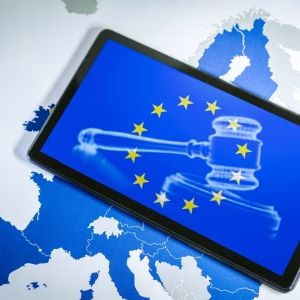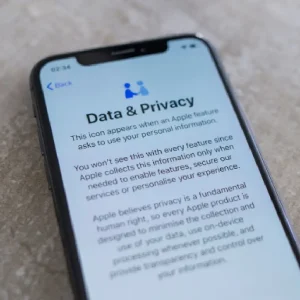
GDPR “saved” email marketing according to Shane Phair of Campaign Monitor, with marketers substituting volume for engagement as a key metric, in a move that has tamed what the CMO of the Nashville-based email marketing company described in an interview with Computer Business Review as a “Wild West”-style landscape.
Phair said that despite fears that GDPR would be “Armageddon” for email marketing, six months on his company had, on average, seen them fall by just 9 percent – and click rates grow as campaigns focussed increasingly on personalisation.
Campaign Monitor has some 250,000 customers globally and does 40 percent of its business in the European market, with UK clients including the British Council, the English National Opera and monthly subscription service Birchbox.
It started preparing for GDPR 18 months beforehand, tapping a 100-strong team of engineers and both internal and external legal counsel.

He told Computer Business Review: “GDPR forced people to do better marketing. You couldn’t just purchase a list and start firing off emails. We had a massive spike in new business in May this year – it was the biggest month in the history of our organisation – as GDPR concentrated demand, with people having to send out permission letters.”
He added: “‘Unsubscribe’ is the most misunderstood metric in email marketing. It’s not a bad thing. Those unsubscribing were driving down your open rates and click rates. It’s not a bad thing to trim lists. Before GDPR 51 percent of customers weren’t doing segmentation: that’s now changed dramatically. And segmentation works.”
“One example is a restaurant customer we worked with. They used micro-segmentation to send a customised email to just 80 customers who had an interest in oysters. The open rate was 56 percent, which is unprecedented – and they had 13 customers from that campaign come into the restaurant the same week.”
It has not all been good news: there have been some real pain points resulting from the legislation, Phair said.
He estimated that in relation to marketing campaigns the company has seen a massive 80 percent opt-out rate for email cookies due to attribution, while the impact on paid search has also been negative, with the company losing a lot of visibility into which keywords are working.
He said: “If people took the time to read privacy policies they’d realise that the data is protected, and opting-in allows people to customise experiences to your liking.”






